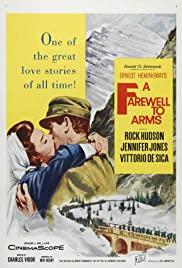
A Farewell to Arms is a 1957 American drama film directed by Charles Vidor. The screenplay by Ben Hecht, based in part on a 1930 play by Laurence Stallings, was the second feature film adaptation of Ernest Hemingway’s 1929 semi-autobiographical novel of the same name. It was the last film produced by David O. Selznick.
You May Also Like
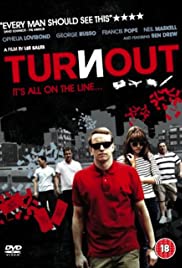
Set in Hoxton, East London; our story follows George and Sophie, they’re saving money to go on their first holiday together, the deposit is paid, and they have two weeks left to pay the outstanding balance of £2,000. Sophie has entrusted George with her holiday savings and is keen to settle the debt with the travel agents. The only trouble is, unbeknown to Sophie, George is flat broke. In a vain attempt to raise cash, George uses Sophie’s holiday money to fund an ill judged deal.
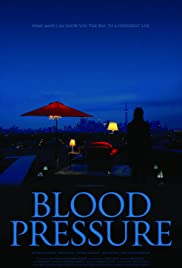
A middle-aged woman follows letters from an unseen admirer into potential danger.

Initially, “Mulholland Dr.” was to mark David Lynch’s return to television. It is a retooling of a script originally shot as a 94-minute pilot for a TV series (co-written with TV screenwriter Joyce Eliason) for the channel ABC, which had approved the script, but chose not even to air the pilot once it was done in 1999, despite Lynch’s labours to cut the project to their liking. It was left in limbo until 18 month later French company Studio Canal Plus (also producer of ‘The Straight Story’) agreed to pay ABC $7 million for the pilot, and budget a few million more to turn the pilot into a two-hour, 27-minute movie. The cost of the film doubled to $14 million as sets had to be reconstructed and actors recalled.

A soldier returns from Vietnam on special assignment, accompanying the body of his friend by train to California for burial. During the trip, he falls in love with a gentle college student. But their relationship is shattered by his flashbacks to combat.
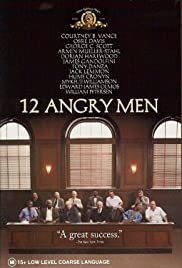
During the trial of a man accused of his father’s murder, a lone juror takes a stand against the guilty verdict handed down by the others as a result of their preconceptions and prejudices. The film is adapted by Reginald Rose from his own 1957 film version (directed by Sidney Lumet) and from the Westinghouse One television production that predated it. George C. Scott won a Golden Globe for his supporting role; righteous juror Jack Lemmon was denied such an honor for Best Actor, but recipient Ving Rhames (for Don King) dedicated his award to Lemmon.

Gloria is a free-spirited divorcée who spends her days at a straight-laced office job and her nights on the dance floor, joyfully letting loose at clubs around Los Angeles. After meeting Arnold on a night out, she finds herself thrust into an unexpected new romance, filled with both the joys of budding love and the complications of dating, identity, and family.

Emily Harris is not doing great. In a desperate attempt to improve her life and make this Christmas not totally suck, Emily writes a letter to Santa. Fortunately, and unfortunately, her wine-soaked wishes start coming true.
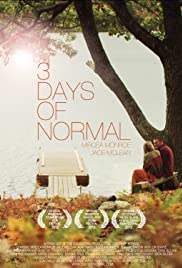
3 Days of Normal follows the story of straight-laced deputy Bill Morgan who is quite content literally living within the quaint boundaries of Washington, New Hampshire. Bill’s stable and rather uneventful life is thrown for a loop when he finds and arrests a woman, Nikki Gold, passed out in her car from inebriation. Unbeknownst to him, the woman happens to be a popular movie actress longing for some normalcy in her hectic life.

Amanda and her imaginary friend Rudger go on thrilling make-believe adventures. But when Rudger finds himself alone, he faces a mysterious threat.

Benoit has his life all planned out before him. Unfortunately, he had totally forgotten to include his military service. Inevitably called into duty, he tries everything he can to avoid it, eventually launching into a hedonistic lifestyle—out of control with drugs, alcohol, and nightclubs.

Steve Merrick is an out of work writer who stays home and plays house husband while his wife goes to work for her former fiancé and Merrick’s publisher who is still carrying a torch for her.